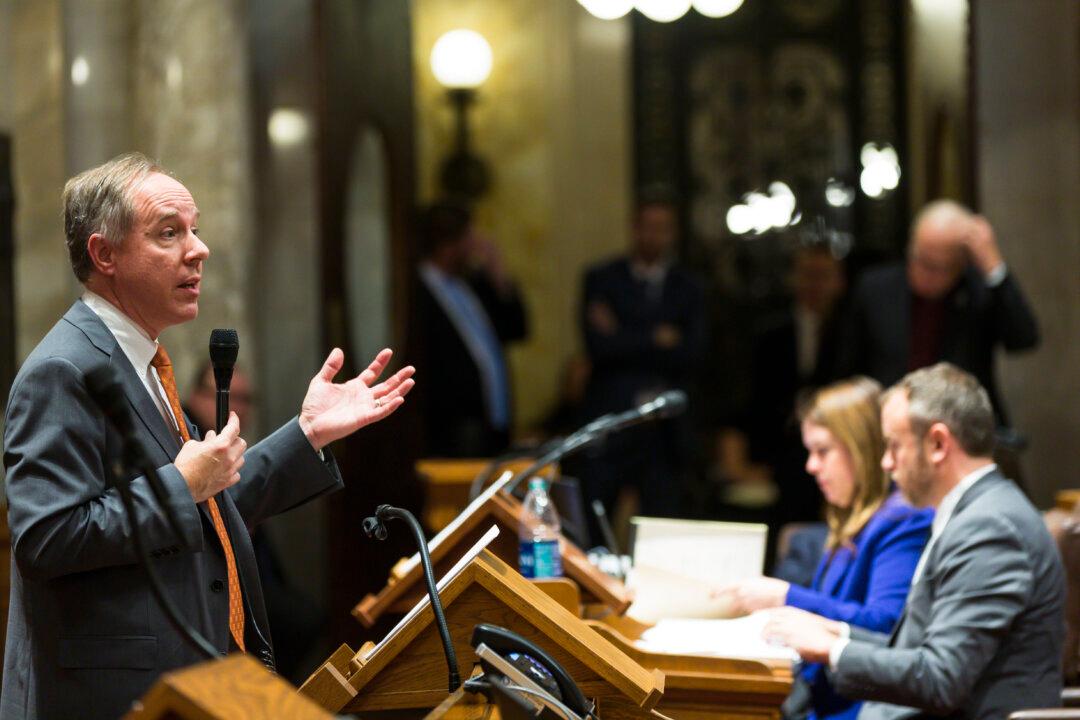Wisconsin Assembly Speaker Robin Vos fired Michael Gableman more than a year after hiring the former Wisconsin Supreme Court justice to investigate the 2020 election amid allegations of fraud and irregularities.
In an Aug. 12 statement, Vos, a Republican, said he’s seeking to close the Office of Special Counsel, which had been created in July 2021. The election investigation, which documented numerous instances of misconduct during the 2020 election, cost taxpayers more than $1.1 million, not including any attorney fees.




